What do you think?
Rate this book
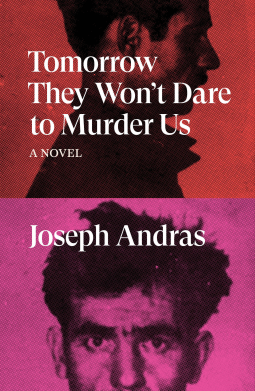

144 pages, Paperback
First published May 4, 2016
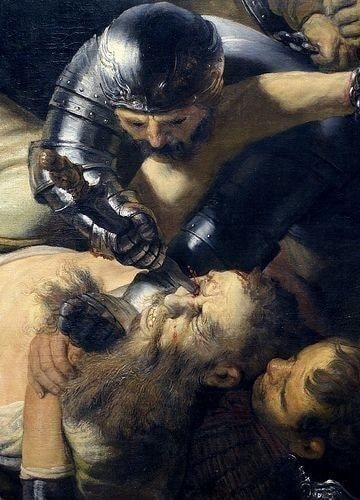

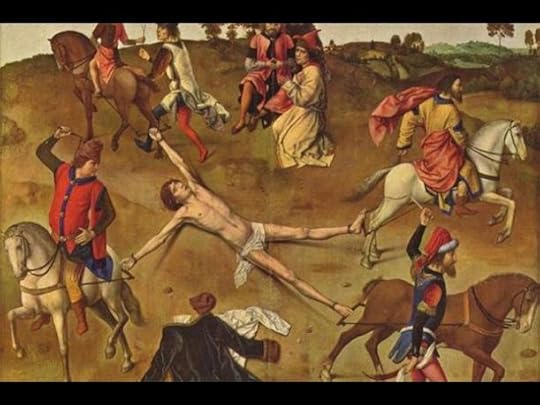
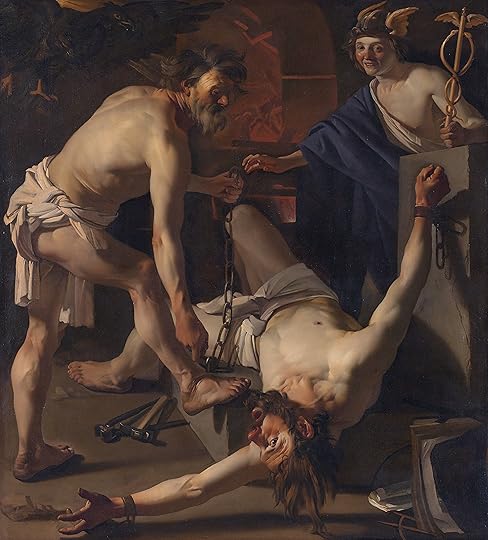
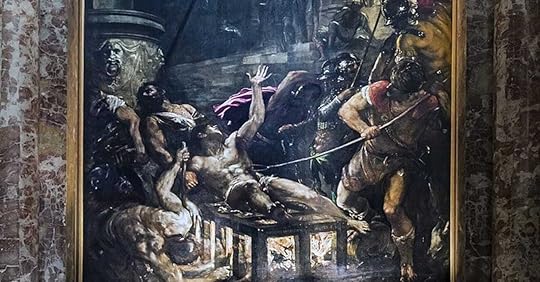
"Well, so: the day France celebrated victory over the Germans, I don't know how many Muslims, thousands, more, were being massacred in the country, at Setif, at Guelma."
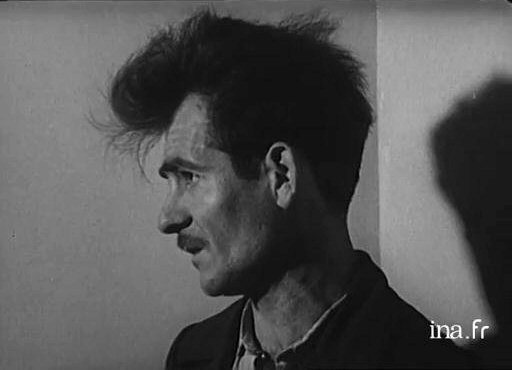
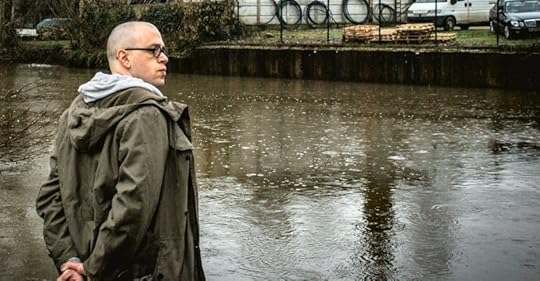
In the fortress of our bodies
May our ideal live on
Mingled with your blood
So that tomorrow they won’t dare,
They won’t dare to murder us.
All of his torturers sound the same, Fernand can’t distinguish between their voices anymore: similar timbre, just a lot of noise, goddamn hertz. What Fernand does not know is that the general secretary of police in Algiers, Paul Teitgen, made it explicitly clear, two hours ago, that he forbade anyone from touching the suspect. Teitgen had been deported and tortured by the Germans during the war. He could not understand why the police, his police, that of the France for which he’d fought, the France of the Republic, Voltaire, Hugo, Clemenceau, the France of human rights, of Human Rights (he was never sure when to capitalize), this France, la France, would use torture as well. No one here had taken any notice: Teitgen was a gentle soul, a pencil pusher offloaded from the metropolis just three months ago. He had brought his dainty ways along in his little suitcase, you should’ve seen, duty, probity, righteousness, ethics even — ethics my ass, he knows nothing about this place, nothing at all, do what you have to do with Iveton and I’ll cover for you, or so the chief had decided without hesitation. You can’t fight a war with principles and boy-scout sermons.
He thinks of her every day. He cannot keep from doing it. Cannot keep from picking up the scattered pieces of their story, as if he had to put them in order between these walls, give them a meaning in this gray shithole, bulb on the ceiling, bunk stained by former inmates, one toilet between three. Give them a direction, a solid outline, thick, drawn in chalk or charcoal. Three and a half years together: one with the other, one through and for the other. Fernand collects whatever pieces his memory more or less readily restores to him, to form a brick — a cinderblock of love alone capable, in the face of an uncertain future, to break the bones and jaws of his tormentors.
Hélène.
May our ideal live on
Mingled with your blood
So that tomorrow they won’t dare
They won’t dare to murder us.